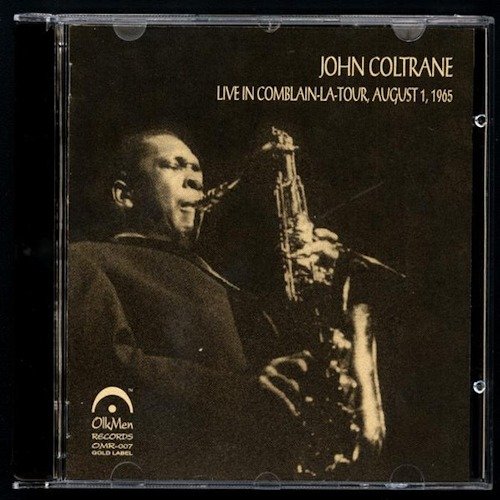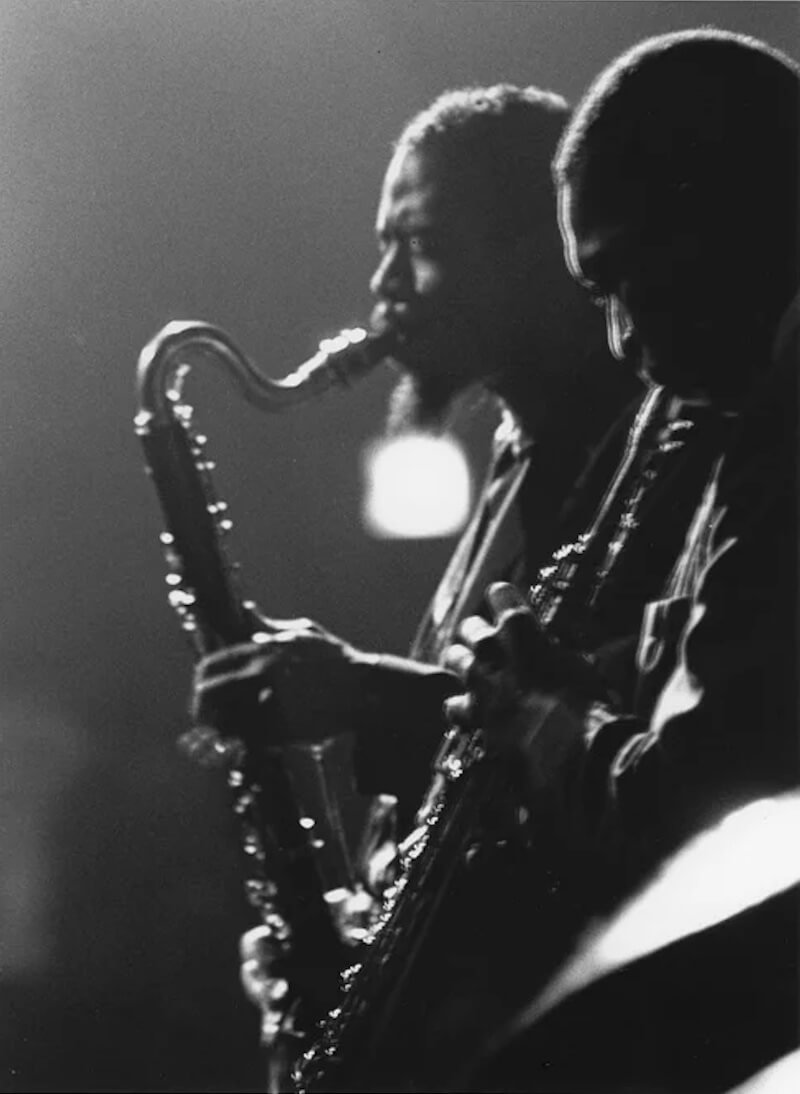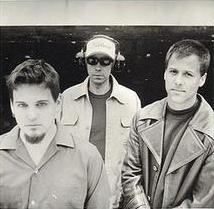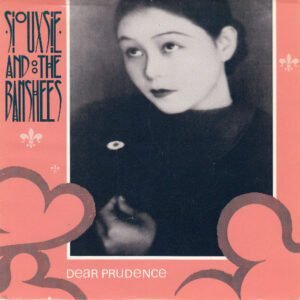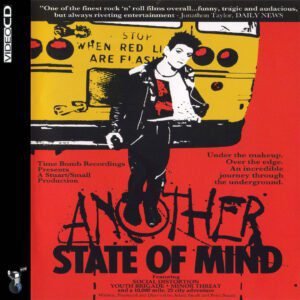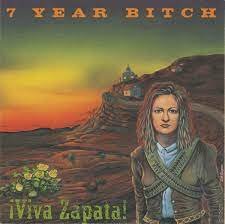John Coltrane Quartet – My Favorite Things – Live in Comblain-La-Tour (1965)
Description
Soprano Saxophone – John Coltrane
Piano – Mccoy Tyner
Bass – Jimmy Garrison
Drum – Elvin Jones
Live in Comblain-La-Tour (Belgium) on August 1965
1962–1965: Classic Quartet period
In 1962, Dolphy departed and Jimmy Garrison replaced Workman as bassist. From then on, the “Classic Quartet”, as it came to be known, with Tyner, Garrison, and Jones, produced searching, spiritually driven work. Coltrane was moving toward a more harmonically static style that allowed him to expand his improvisations rhythmically, melodically, and motivically. Harmonically complex music was still present, but on stage, Coltrane heavily favored continually reworking his “standards”: “Impressions”, “My Favorite Things”, and “I Want to Talk About You”.
The criticism of the quintet with Dolphy may have affected Coltrane. In contrast to the radicalism of his 1961 recordings at the Village Vanguard, his studio albums in the following two years (with the exception of Coltrane, 1962, which featured a blistering version of Harold Arlen‘s “Out of This World”) were much more conservative. He recorded an album of ballads and participated in album collaborations with Duke Ellington and singer Johnny Hartman, a baritone who specialized in ballads. The album Ballads (recorded 1961–62) is emblematic of Coltrane’s versatility, as the quartet shed new light on standards such as “It’s Easy to Remember”. Despite a more polished approach in the studio, in concert the quartet continued to balance “standards” and its own more exploratory and challenging music, as can be heard on the albums Impressions (recorded 1961–63), Live at Birdland and Newport ’63 (both recorded 1963). Impressions consists of two extended jams including the title track along with “Dear Old Stockholm”, “After the Rain” and a blues. Coltrane later said he enjoyed having a “balanced catalogue”.
On March 6, 1963, the group entered Van Gelder Studio in New Jersey and recorded a session that was lost for decades after its master tape was destroyed by Impulse Records to cut down on storage space. On June 29, 2018, Impulse! released Both Directions at Once: The Lost Album, made up of seven tracks made from a spare copy Coltrane had given to his wife.[57][58] On March 7, 1963, they were joined in the studio by Hartman for the recording of six tracks for the John Coltrane and Johnny Hartman album, released that July.
Impulse! followed the successful “lost album” release with 2019’s Blue World, made up of a 1964 soundtrack to the film The Cat in the Bag, recorded in June 1964.
The Classic Quartet produced their best-selling album, A Love Supreme, in December 1964. A culmination of much of Coltrane’s work up to this point, this four-part suite is an ode to his faith in and love for God. These spiritual concerns characterized much of Coltrane’s composing and playing from this point onwards—as can be seen from album titles such as Ascension, Om and Meditations. The fourth movement of A Love Supreme, “Psalm”, is, in fact, a musical setting for an original poem to God written by Coltrane, and printed in the album’s liner notes. Coltrane plays almost exactly one note for each syllable of the poem, and bases his phrasing on the words. The album was composed at Coltrane’s home in Dix Hills on Long Island.
The quartet played A Love Supreme live only three times, recorded twice – in July 1965 at a concert in Antibes, France and in October 1965 in Seattle, Washington. A recording of the Antibes concert was released by Impulse! in 2002 on the remastered Deluxe Edition of A Love Supreme, and again in 2015 on the “Super Deluxe Edition” of The Complete Masters. A recently discovered second amateur recording titled “A Love Supreme: Live in Seattle” was released in 2021.


